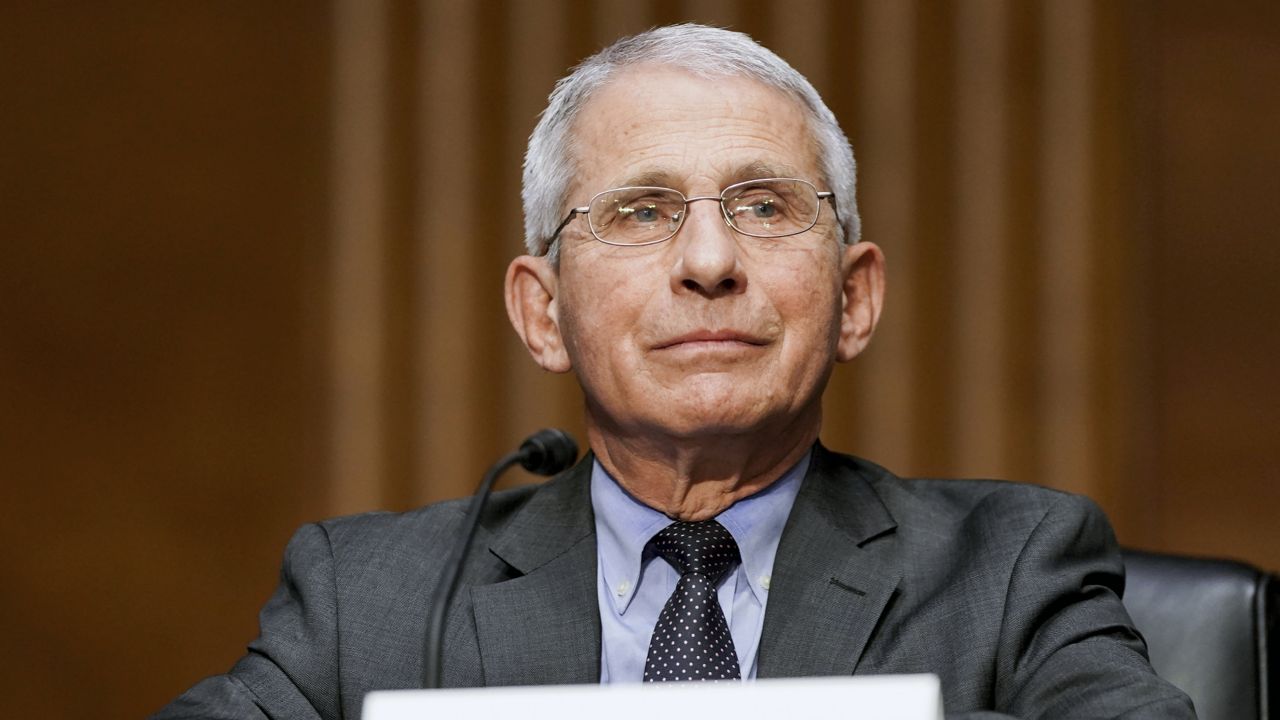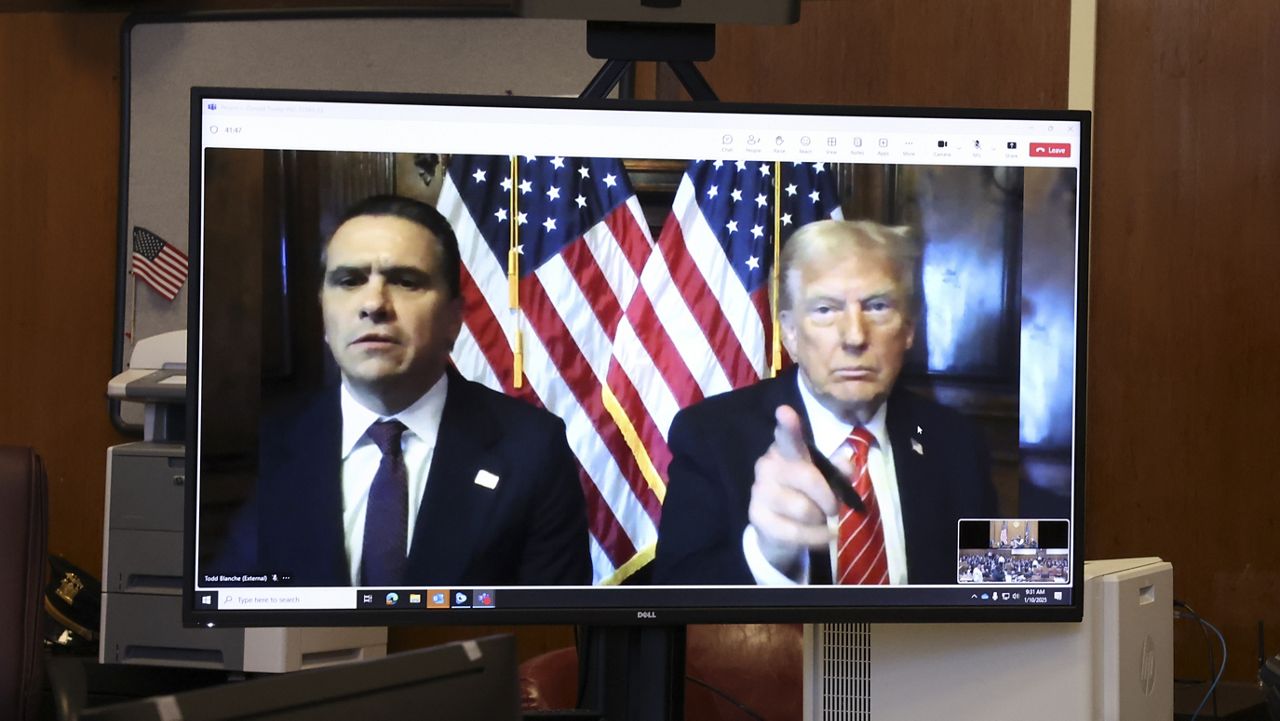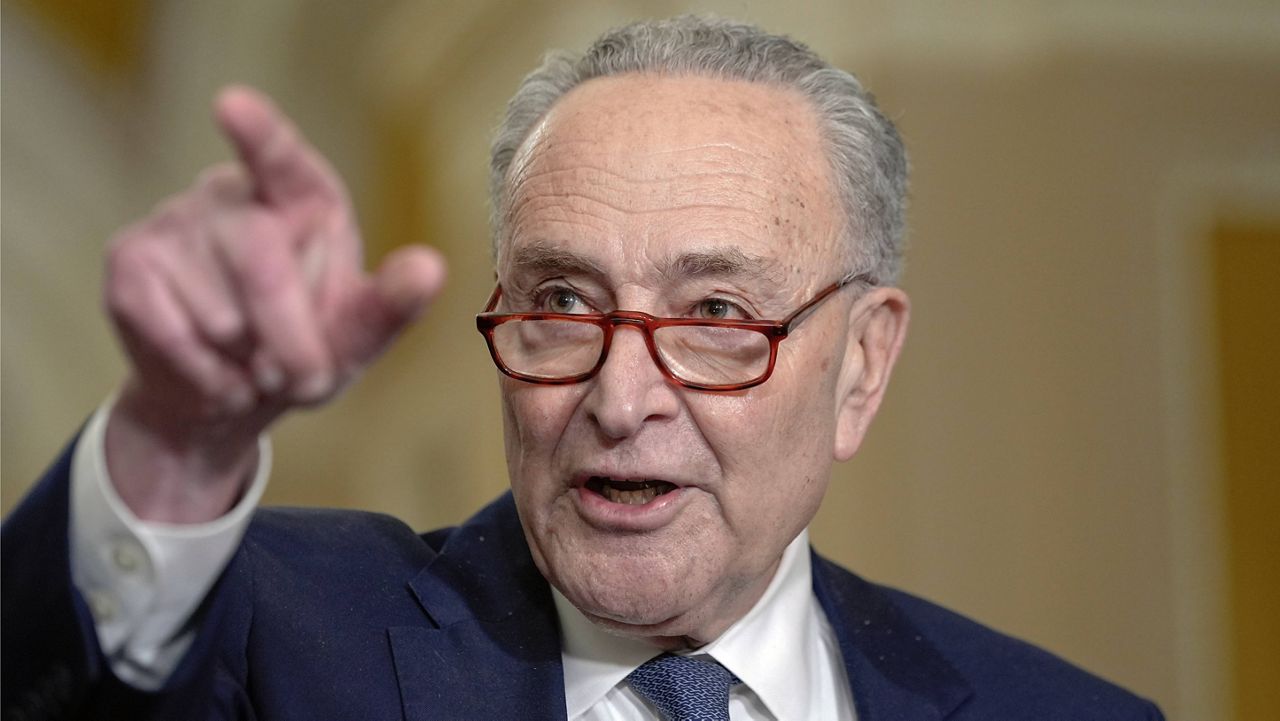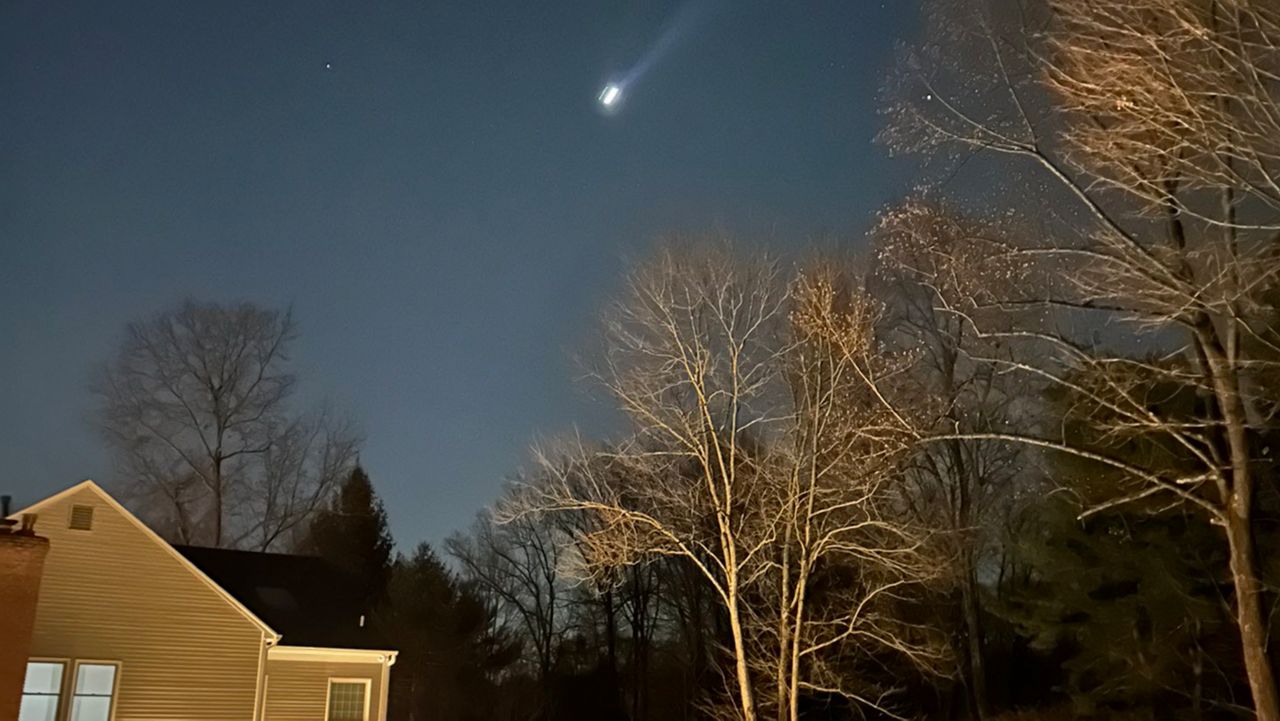Dr. Anthony Fauci, the nation’s leading infectious disease expert and head of the National Institute of Allergy and Infectious Diseases (NIAID), is calling on China to release medical records of nine workers in Wuhan as the world tries to determine the origins of the COVID-19 pandemic.
In an interview published in the Financial Times on Friday, Fauci said he “would like to see the medical records of the three people who are reported to have got sick in 2019,” adding: “Did they really get sick, and if so, what did they get sick with?”
Those records in particular concern three researchers from the Wuhan Institute of Virology, who reportedly became sick with COVID-like symptoms in November 2019.
The other six records Fauci is curious about date back to 2012, when a group of miners fell ill after entering a bat cave, three of whom subsequently died. Researchers from the Wuhan Institute visited that same cave to take samples from the bats.
“What do the medical records of those [miners] say? Was there [a] virus in those people? What was it?” Fauci posited. “It is entirely conceivable that the origins of Sars-Cov-2 was in that cave and either started spreading naturally or went through the lab.”
A definitive source has yet to be identified as the catalyst for the pandemic that has claimed nearly 3.7 million lives worldwide, but a possible laboratory leak was an early theory proposed by some, including then-President Donald Trump.
At the outset of the pandemic, Dr. Fauci said he thought the virus originated in an animal — likely a bat or a pangolin — before mutating and jumping to humans, but left open the possibility that COVID-19 was engineered in a lab.
“If you look at the evolution of the virus in bats and what's out there now, [the scientific evidence] is very, very strongly leaning toward this could not have been artificially or deliberately manipulated,” Fauci said in a May 2020 interview with National Geographic. “Everything about the stepwise evolution over time strongly indicates that [this virus] evolved in nature and then jumped species.”
The lab-leak theory has regained momentum in recent weeks, in part because President Joe Biden ordered U.S. intelligence agencies to “redouble” their efforts to investigate the origins of the COVID-19 pandemic, including any possibility the trail might lead to a Chinese laboratory after months of downplaying the possibility.
Soon after, China accused the Biden administration of playing politics and shirking its responsibility in calling for a renewed investigation into the origins of the coronavirus pandemic that was first detected in China in late 2019.
Foreign Ministry spokesperson Zhao Lijian said at a daily briefing that President Joe Biden’s order showed the U.S. “does not care about facts and truth, nor is it interested in serious scientific origin tracing.”
Fauci himself still maintains that the virus was transmitted from animals to humans, but acknowledged that the renewed public interest should warrant an additional investigation.
“I have always felt that the overwhelming likelihood — given the experience we have had with Sars, Mers, Ebola, HIV, bird flu, the swine flu pandemic of 2009 — was that the virus jumped species,” Fauci told the Financial Times. “But we need to keep on investigating until a possibility is proven.”
It’s not a change of position from the doctor, simply another avenue for discovering the origins of COVID-19. But there are those who have perceived Fauci’s recently-expressed support of a lab-leak investigation as suspicious, with some questioning why he waited until over a year into the pandemic to voice such an opinion.
Those suspicions — which came mostly from Republican lawmakers — were bolstered when thousands of Dr. Fauci’s emails from early in the pandemic were released.
One particular email came from Peter Daszak, president of the EcoHealth Alliance, in April 2020, after Fauci publicly expressed his opinion that COVID-19 did not originate in a lab.
The email from Daszak read in part: “I just wanted to say a personal thank you on behalf of our staff and collaborators, for publicly standing up and stating that the scientific evidence supports a natural origin for COVID-19 from a bat-to-human spillover, not a lab release from the Wuhan Institute of Virology.”
Fauci wrote back: “Many thanks for your kind note.”
The concerns stem from a $600,000 National Institutes of Health (NIH) grant given to EcoHealth Alliance over a five-year period, which was used to study coronavirus diseases in bats at the Wuhan Institute of Virology.
One of Fauci’s most vocal critics, Sen. Rand Paul, R-Ky., said the emails served as proof that Fauci was attempting to cover up the theory of a lab leak because of possible connections to the NIH.
But Fauci has repeatedly said the funds were not intended for “gain of function” research, which he defined as “taking a virus that could infect humans and making it either more transmissible and/or pathogenic for humans.”
“Are you really saying that we are implicated because we gave a multibillion-dollar institution $120,000 a year for bat surveillance?” he said to the Financial Times.
To be fair, it would be nearly impossible for Fauci — or any U.S. official, for that matter — to deduce what exactly those funds were spent on once it was dispersed, particularly if researchers opted to conduct experiments outside of the scope of the grants.
Fauci said as much during a confrontation with Rand during a Senate committee hearing in May. At the time, the senator demanded Fauci say once and for all that there was no possible way the virus could have originated in a lab.
"I do not have any accounting of what the Chinese may have done, and I'm fully in favor of any further investigation of what went on in China,” Fauci said at the time. “However, I will repeat again: The NIH and NIAID categorically has not funded 'gain of function' research to be conducted in the Wuhan Institute of Virology."
White House press secretary Jen Psaki doubled down on those claims during a Friday briefing, saying: “We've never approved any funding for gain of function research in Wuhan.”
The Biden administration has long expressed support for Dr. Fauci, and Psaki said “attacks launched on him are certainly something we wouldn't stand by.”
Biden himself also reiterated his support for the doctor, telling reporters on Friday: "I'm very confident in Dr. Fauci.”
The Associated Press contributed to this report.









